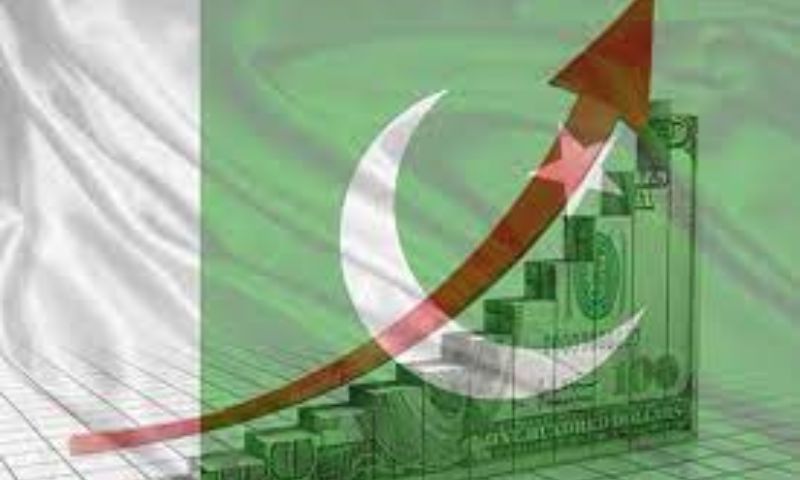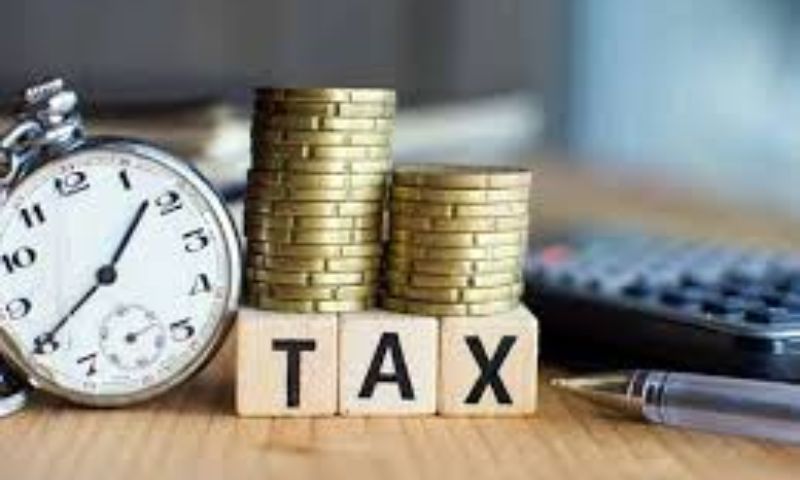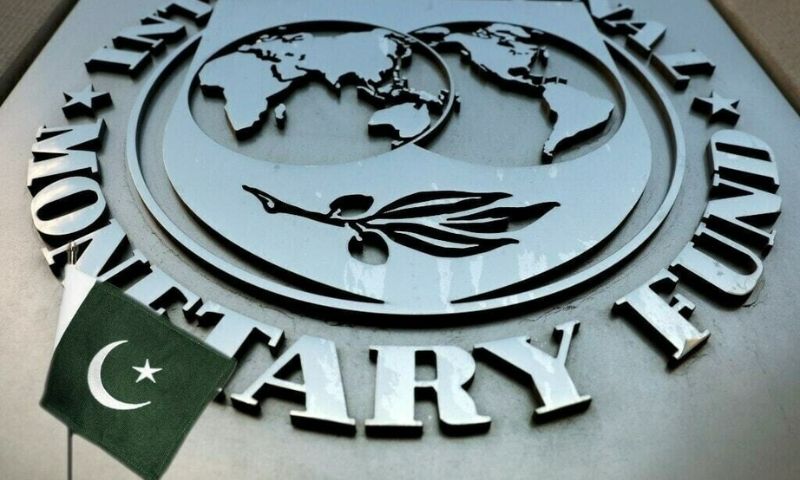Pakistan is inching towards the 24th programme with International Monetary Fund where the prescription to keep economy on track and reduce losses, theft at the energy sector and expansion in tax base have been in the log book since couple of decades, but still it is far cry from sustainable reforms as couple of heads like interest and debt payments, share of provinces under NFC and subsidies have already consumed larger share of the country’s revenue.
The government completed nine months Standby Agreement with the International Monetary Fund worth $3 billion which was signed in June 2023. IMF on April 29 approved last tranche of $1.1 billion for Pakistan which would help shore up the foreign exchange reserves to almost $9 billion, just enough to cover up two months of imports.
The IMF in its statement said Pakistan has shown consistent performance and is on the path of reforms which would lead to economic growth. IMF also forecasted that economic growth in the current fiscal year will be around 2 percent with the hope that continuity of reforms, curtailing losses at the state-run companies, keeping exchange rate market based and taming inflation with tighter monetary policy would keep the growth intact.
The new programme will be discussed in the middle of this month following the arrival of IMF mission. Where again the prescription for Pakistan would be same to increase tax base and curtail expenditure giving protection to the most vulnerable section of society aiming to reduce losses in state-run companies, fastening the process of privatization.
However, there has been concern amongst the saner community, wondering why the international donor agencies are not raising their eye brows or questioning the government officials, ministers, members of national assembly and senate about their luxurious life style and getting heavy perks in shape of free petrol, electricity, conveyance allowances, free air tickets etc.
The amount given through NFC to provinces where they are spending, even getting loans from World Bank and Asian Development Bank released for energy, water, infrastructure etc, and why is federal paying the loans, why not provinces share the burden of external debts. Huge subsidies have been levied each year in the energy and food related sectors, but still price hike surfaces where state and the common people are on the losing side.
The latest numbers of ministry of finance revealed that to run the civil government expenses shot up by 31 percent to Rs 518 billion in the nine months of the current fiscal year compared with Rs 396 billion of the same period last year. Moreover, provinces in the nine months ended March 31, spent Rs 888 billion compared with Rs 721 billion of the same period corresponding year. Subsidies allocation recorded a small decline of 10 percent to Rs 473 billion during the period under review.
The grants allowed to provinces and pension amount are also other major heads which led to bleeding of the exchequer. The government in order to give comfort to common man and especially the salaried class in the budget should convince IMF to chop of some of the key expense accounts. If accounts such as cut in development expenditure of provinces, grants, to run civil government, subsidies and share of province under NFC have been reduced by at least Rs 100 billion each, the net savings could easily reach to Rs 500 billion. Plus, the government should impose tax on pension, in which exemption would be allowed to pensioner receiving Rs 75,000 to Rs 100,000 per month, above that tax should be imposed in the range of 2 percent to 7 percent.
Ali Nawaz CEO Chase Securities Pakistan’s completion of its IMF programme signifies both accomplishment and opportunity. Successfully concluding such a programme indicates a commitment to fiscal discipline and structural reforms, which are crucial for economic stability and growth.
However, it’s essential to capitalize on this momentum by focusing on sustainable policies that foster long-term development.
“Moving forward, Pakistan should prioritize diversifying its economy, enhancing revenue generation through tax reforms, and investing in human capital and infrastructure. This will not only stimulate economic growth but also create job opportunities and improve living standards for its citizens”, he said.
Moreover, continuing to strengthen governance and transparency will bolster investor confidence and attract much-needed foreign investment. “While the conclusion of the IMF programme marks a significant milestone, it’s important for Pakistan to remain vigilant and proactive in addressing ongoing challenges, such as inflation, debt sustainability, and external vulnerabilities”, said Ali Nawaz.
By staying committed to prudent economic management and implementing comprehensive reforms, Pakistan can chart a path towards sustainable and inclusive development.
Amayed Ashfaq Tola, President Tola Associates said that firstly, the State Bank of Pakistan (“SBP”) must let the market forces determine the value of the PKR against the USD.
It is not a secret anymore that the SBP has purchased more than $5 billion dollars at the current inter-bank rate, for, amongst other reasons, repayment of maturing loans. “As per our estimates, the value of the rupees against the Dollar is 235, and not around 278. These purchases of dollars from the inter-bank at around 278 to 280 per dollar have contributed to the Rupee being unnecessarily undervalued against the USD”, he said.
Once, the SBP lets the market forces determine the parity value, the rupee is likely to return to it’s true value, and this will reduce the inflation rate. This will provide Pakistan ground to lower its interest rates and give the economy a breather, Amayed Tola said. Further, meaningful tax Reforms must be pursued. It is being reported in the media that as per the Government representatives, Rs 3.7 trillion is stuck up in pending litigation. However, the public is still unaware of whether this figure is arbitrary or meritorious.
No true breakdown of this figure has been put forward by the Government, he said. It is unclear whether tax demand has been duplicated at various stages of litigation in calculating this figure. Further, it is also uncertain as to what portion of the alleged PKR 3.7 trillion pertains to genuine appeals, and not just frivolous tax demands created by the FBR due to reasons included but not limited to paucity of time.
The Government must conduct meaningful tax reforms in Order to ensure that the tax system of Pakistan becomes equitable, efficient and robust. It goes without saying that the Government must implement the interim report of the RRMC. The said interim report contains direct tax revenue measures worth PKR 2.5 trillion, amongst other key reform proposals
Shahab Farooq Director Research at Next Capital said that amongst many areas to improve, top 5 would be:
1) tax reforms and restructuring including expanding tax net and eventually enhancing tax-to-GDP ratio
2) structural improvements in order to stop piling up of new circular debt through eliminating differential between cost and tariff of electricity by timely adjusting energy prices and hence reducing power subsidies, and minimizing T&D losses and stopping theft of electricity
3) fiscal austerity end of non-productive expenses and cross subsidy while focusing on targeted subsidy and expansion of social safety net
4) administrative measures to end supply shocks in food commodities
5) effective implementation of accountability and anti-corruption laws.



























